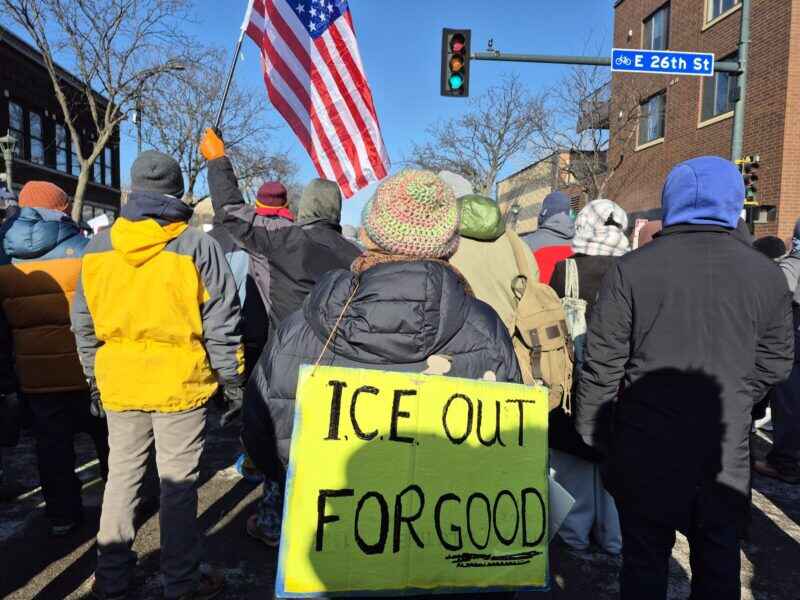
Climate Superfund Laws: Holding Fossil Fuel Companies Financial Accountable for the Public Health Costs of Climate Change
Law & Policy InsightsEnvironment, Climate and HealthMechanisms for Advancing Health EquityMechanisms for Advancing Public HealthOverview States burdened with the costs of mitigating and responding to the effects of climate change have looked to a decades old federal…











